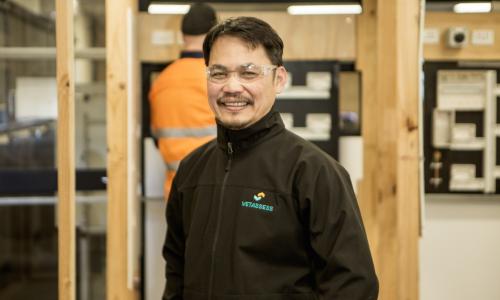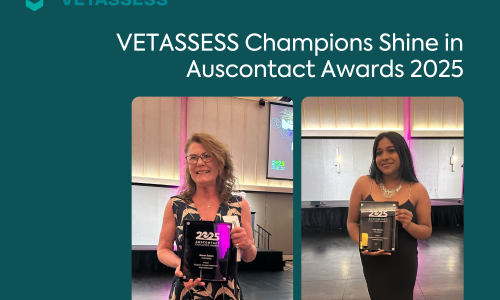Multicultural societies attract talented people who bring many different forms of expertise, yet migrants can find it hard to have their qualifications accepted. Someone’s talents can be missed because prospective employers cannot understand the learning behind their qualification or how their experience could be applied.
A global, digital ecosystem for credentials enables qualifications to be recorded and easily accessible in digital format.

Secure and trusted systems as proposed by the Groningen Declaration Network (GDN) will become more important in an era of lifelong learning and global movement of labour, when people are taking their talents abroad, upskilling with a short course or building a portfolio of microcredentials to update their knowledge.
Secure networks, trusted technology
A digital portfolio will enable an individual to show how they have built up their qualifications over time as their career has evolved and progressed.
An employer can verify the qualifications and understand the content and level of study. A university or training institute can do the same for potential students and decide on whether to apply credits or other recognition of prior learning.
International students
The credentials ecosystem will become more important as borders reopen in the post-COVID-19 world and international students start moving again.
Countries such as Australia and New Zealand could see an increase in enrolments because they are perceived to have managed their pandemic responses comparatively well.
The United States hosts around 20 per cent of international students globally, Great Britain is second and Australia is a close third with almost 700,000 students in 2018-19, a record high. The chart shows how the numbers have grown and the importance of these students to the education sector.
International Student Numbers in Australia at a Record High
Source: Department of Education, Skills and Employment
- ELICOS (English Language Intensive Courses for Overseas Students). Often used before enrolling in study, or for career purposes.
Students take varied pathways from their first student visa, moving from ELICOS to vocational study or higher education. About 40 per cent apply for permanent migration.
Over their careers they are likely to move between countries and gain extra qualifications, including microcredentials, as their careers progress and they need to acquire extra skills.
A digital system that provides information on qualifications, and where they can be compared and verified without students having to pay fees to intermediaries to gain recognition. This is illustrated below, showing how an individual moves through the ecosystem during their career.
Talent-centric global digital ecosystem
Nations such as Australia benefit when people of different backgrounds work together and spark new ideas. The Groningen Declaration Network can help make this happen.
by Rob Thomason
Rob Thomason is Executive Director of VETASSESS. This is an excerpt of an address he gave to the Groningen Declaration Network on July 21.
About VETASSESS
For more than 25 years VETASSESS has provided tailored, independent assessment services to governments, education sectors and industries globally.
We have pioneered assessment services to recognise and verify individuals’ qualifications, skills and experience for migration purposes against the requirements of 341 professional and 27 trade occupations.



